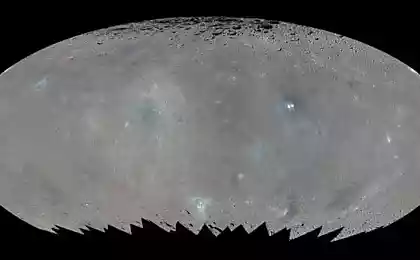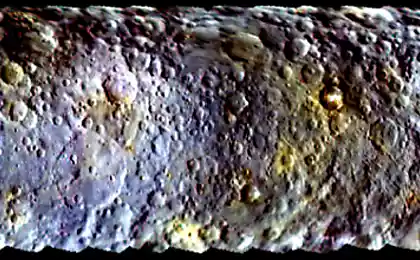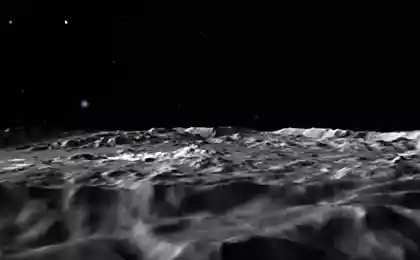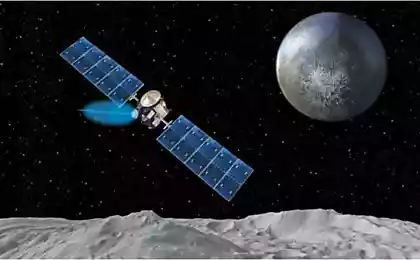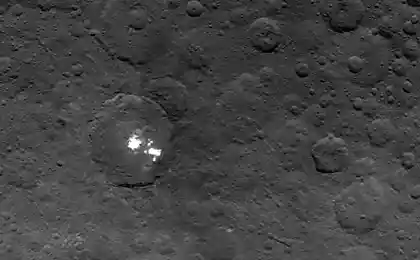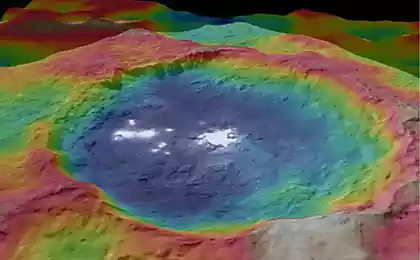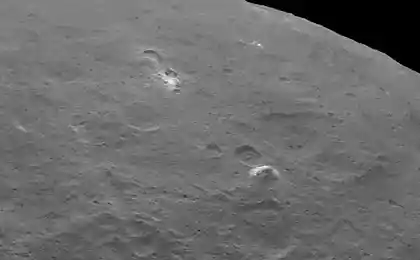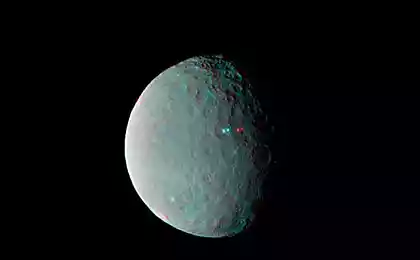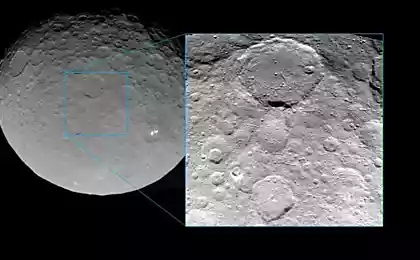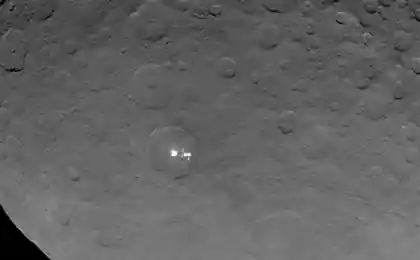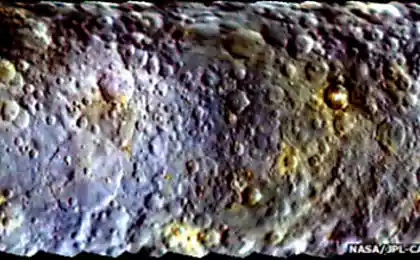871
Dawn probe entered orbit around Ceres
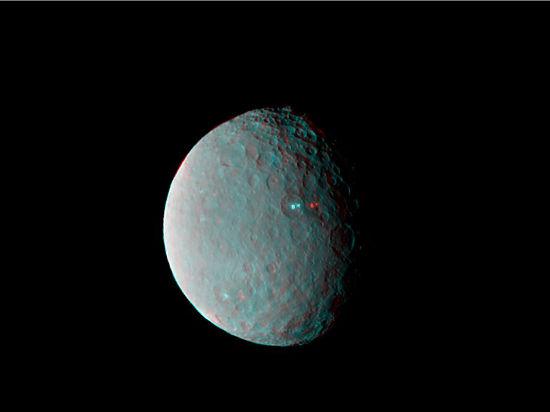
Photo: NASA i>
Today Dawn probe completed its nearly 8-year journey and entered orbit around the dwarf planet Ceres . This is the first spacecraft that made a flyby of the two bodies in the solar system and the first device has reached the dwarf planet and released into orbit around it. The first body, which visited the probe was protoplanet Vesta. Actual proof of a successful exit in the control center will be able to no earlier than the nearest night on UTC (or in the morning Moscow time).
The study of celestial bodies located between the orbits of Mars and Jupiter will allow scientists to improve their understanding of the formation of the solar system. It is from these objects and planets were created. Formation of another planet in the asteroid belt, according to scientists, the gravitational influence of Jupiter prevented.
That and explained the purpose of research director of NASA's study of planets Jim Green: "The study will allow us to Ceres historical research in space, and open a window in the earliest chapters of the history of our solar system. The data obtained will help to make breakthroughs in the understanding of the principles of its formation ».
By means of ion engines Dawn crept carefully to the dwarf planet for several months. Smooth entry into orbit is scheduled to pass without any effects were bright and sharp braking - a curve motion of the probe ends with a circular orbit. Received from him the confirmation tone, in the control center will be able to ascertain success.
But now most of the work of researchers, designed for 14 months, is just beginning. Surely we will see many more interesting pictures, we get a variety of data. Find out if Ceres on water supplies and get to explain the presence of incomprehensible bright dots on the surface of the dwarf planet.
Update: i>, researchers from the control center NASA confirmed receipt of the signal from the probe. The probe went into orbit as planned. The next two weeks will go to probe the calculated height of the orbit, which then begin measurements.
Source: geektimes.ru/post/246882/
5 most notable wearable devices with MWC-2015
Stanford startup School: Non-trivial aspects of teamwork
